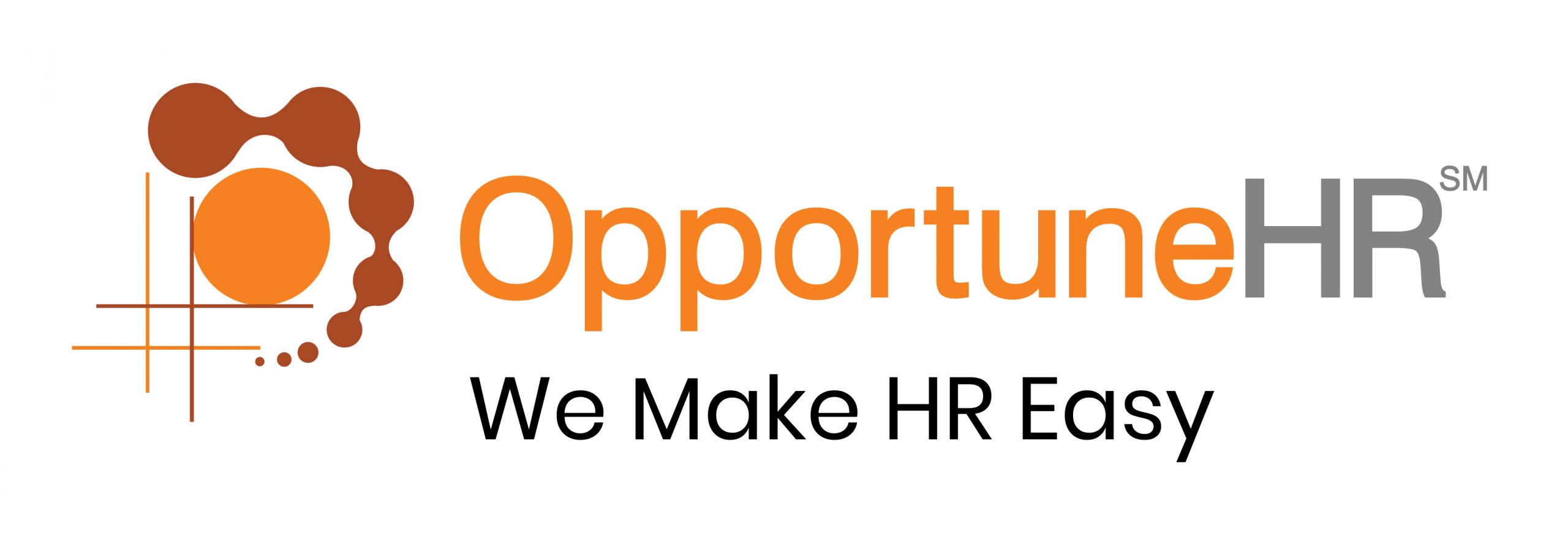HR automation in India has come a long way. Yet many companies still suffer from the tyranny of old, legacy payroll software’s. Companies which work with the latest technology when it comes to marketing and finance, yet accept the poor quality payroll systems. That’s ironical isn’t it?
Let’s see what are the perceived roadblocks in switching to a modern payroll system.
1. Difficulty of setting up new system.
2. What about data in the old payroll system?
3. Adopting to new process & training the team is painful
4. Cost – new software investment, new infrastructure, training.
These challenges are psychological as well as operational. I call them perceived roadblocks because new systems are in fact a blessing to the payroll managers & HR of any progressive company.
1. Configure the payroll structure & its calculation
Typically payroll is configured in organisation by ex- employee’s years back, the new team keeps using it, with no changes, as it is stable, but as soon as we need to migrate to new system, payroll manager have to start digging the archive to find all the legacy rules laid by the company. This is a hurricane task.
Kudos to new-age payroll systems, it has in-build intelligence which is self-configured with all rules & compliance’s. Thus reduces the efforts of HR & Payroll manger to validating data before GO-Live.
2. What happens to my OLD payroll data?
The biggest asset today for any company is its data, DATA is the new GOLD.
As per statutory rules data needs to be preserved for multiple years. I will agree that this is a genuine concern for any payroll manager. But with sophisticated data migration tools, previous data are easily mapped to the new system.
In fact it gives an opportunity to quickly review the old data for any correction, before moving into the new system, thus enabling payroll data health check. With zero error tolerance policy.
Today’s new-age service providers offer value added service of data migration & have qualified team with payroll domain understanding for effective migration.
Typically 5 years data for approx. 1000 employees strength takes around 5-7 working days to transfer with all data formatting, to & fro and validation
3. Cost for buying a new system?
We all know in any world no meals are free, there is a cost linked to any solution / services, justifying the cost for new payroll software is always a tough job.
With Payroll service providers offering Smart options, to use payroll software on ‘pay-per use’, actually it becomes a saving on capital investment./
In fact the capital investment is not needed with Software as a service pricing model.
The best part of this model is, the service provider works closely with the customer, assuring guaranteed services – thus ensuring month on month successful payroll generation. Any solution which guarantees assured results & payment to service provider on satisfied performance – is nothing less than win-win & value for money deal.
Let’s embark the journey
Migrating to a modern payroll solution is an important step. It is not just technology up gradation, it helps organisation in updating many policy issues. With modern migration tools it is not tough.
The automation also helps the management get better MIS and they can save a lot of money through informed decision making.
With better transparency, employee satisfaction works towards better performance. The HR gets free from everyday issues and can focus on productivity related areas.
Lets connect on dhwani@opportune.in
Share on




